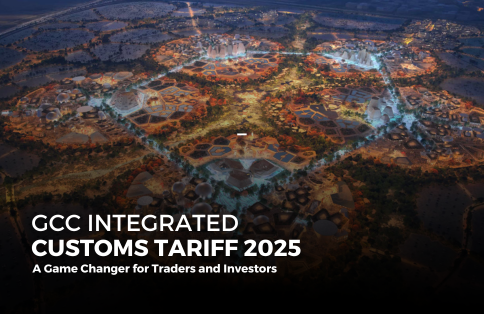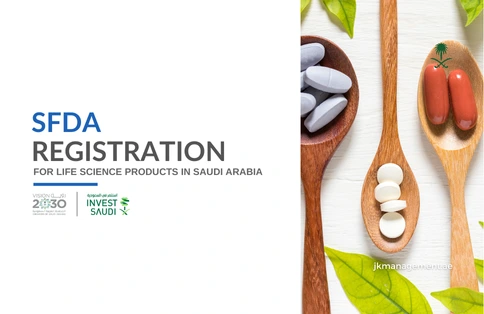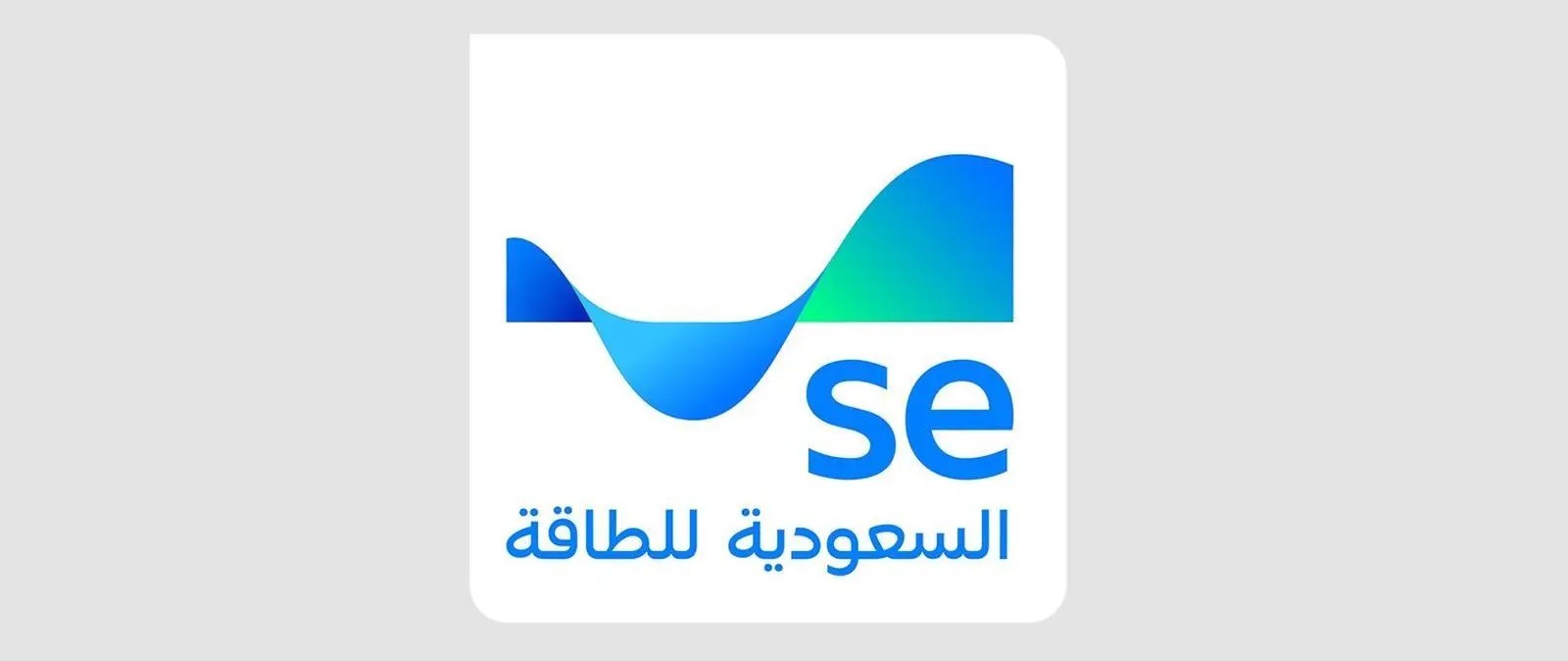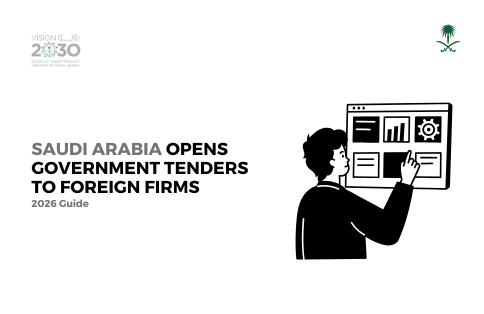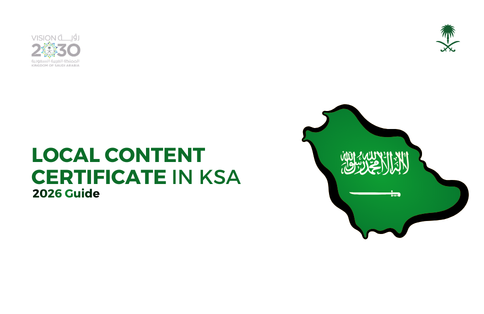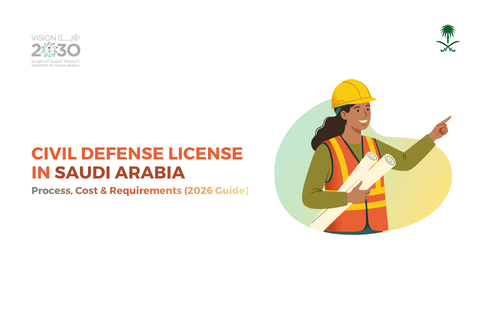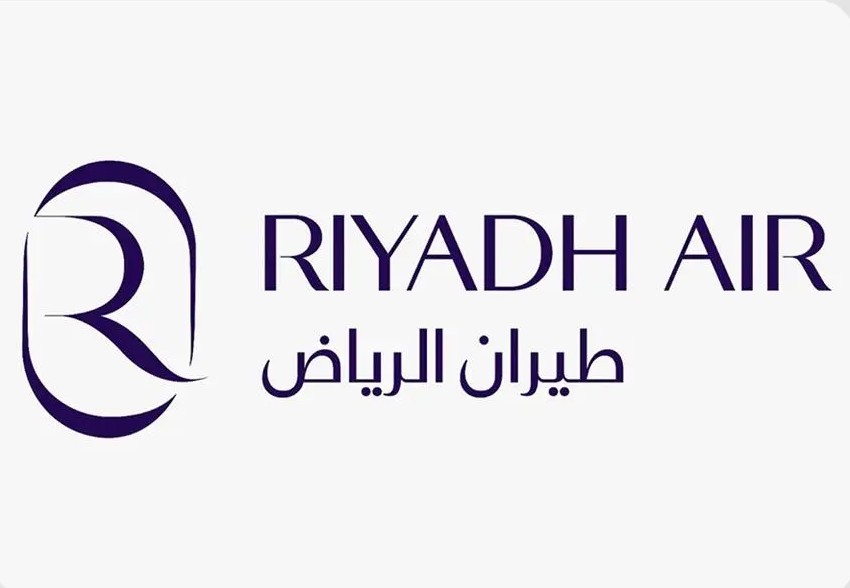From June 1, 2025, all six Gulf Cooperation Council (GCC) countries Saudi Arabia, UAE, Kuwait, Bahrain, Oman, and Qatar will officially implement the GCC Integrated Customs Tariff 2025, a groundbreaking 12-digit unified customs code system. This unified approach aims to streamline cross-border trade, reduce confusion in product classification, and strengthen regional trade integration.
For importers, exporters, and investors, especially those doing business in Saudi Arabia and the wider GCC, this reform marks a significant shift and a promising opportunity to optimize compliance and efficiency.
What Is the GCC Integrated Customs Tariff 2025?
The GCC Integrated Customs Tariff 2025 is a harmonized 12-digit classification system developed in alignment with the World Customs Organization’s HS 2022 nomenclature. Previously, most GCC countries used 8-digit HS codes except Saudi Arabia, which had already implemented 12-digit codes. This update unifies all member states under one detailed system, increasing the total number of tariff lines from 7,800 to over 13,400.
This means:
- More accurate product classification
- Better transparency across borders
- Fewer delays at custom
- Standardized documentation for all GCC countries
Why the Move to 12 Digits Matters
Each 12-digit tariff code breaks down as follows:
- 1–6 digits: International HS code (used globally)
- 7–8 digits: GCC-wide classification
- 9–12 digits: Specific national details and product nuances
This level of detail allows for better differentiation between similar products. For example, tablets and laptops now have their own individual codes, rather than being lumped into a general “portable computers” category.
“Other” categories are marked with ‘9999’, while unchanged codes simply extend with ‘0000’ ensuring continuity and clarity.
Will This Affect Duty Rates?
At launch, no major changes in customs duties will occur. The standard 5% common external tariff will remain in place for most products. However, the new classification system gives GCC governments flexibility to:
- Adjust duty rates by product category
- Encourage or discourage imports of certain goods
- Enforce specific regulatory controls
For example:
- Natural honey now carries a 5% customs duty across the GCC.
- Some basic chemicals are reduced to 2%, while certain restricted substances will face a steep 52% duty.
These updates reflect economic, health, and environmental objectives, creating a smarter, more strategic trade policy.
New Product Categories and Chapter 99
The new system also introduces:
- More specific subcategories
- Retirement of outdated codes
- Chapter 99: Dedicated to hazardous materials, making it easier to track and regulate dangerous goods.
Understanding HS Classification Rules
All GCC countries follow the General Rules for Interpretation (GRIs) of the Harmonized System. These include:
Classify goods by heading and legal notes
Incomplete goods may be treated as complete
Use similarity when goods fit multiple headings
Classify packaging with the product when applicable
Apply subheading rules consistently
Correct classification is key to avoiding delays, penalties, or fines.
How Businesses Can Prepare
If you’re an exporter, importer, or logistics provider operating in the GCC, here are five crucial steps to ensure you’re ready:
- Review and map all existing 8-digit HS codes to the new 12-digit format
- Update internal systems, including ERP, invoicing, and shipping platforms
- Train teams and inform customs brokers and suppliers
- Keep detailed compliance records
- Stay updated with ZATCA and other GCC customs authorities for changes
Why It Matters for Saudi Arabia and the GCC Market
This reform plays a vital role in Saudi Arabia’s Vision 2030 goals by:
- Promoting non-oil trade growth
- Enhancing the ease of doing business
- Supporting digital customs transformation
- Strengthening the region’s position in global trade
For foreign investors and multinational companies, the GCC Integrated Customs Tariff 2025 brings predictability, consistency, and better planning.
Need Help Navigating the Change?
J K Management Consultancies is here to support you.
As experts in Saudi and GCC business setup, regulatory compliance, and trade facilitation, we help you:
- Accurately map product codes
- Maintain classification compliance
- Avoid unnecessary customs delays
- Ensure smooth, legal trade across the GCC
Useful Resources:
📌 ZATCA Saudi Customs: https://zatca.gov.sa
📌 GCC Tariff Portal: Available via official customs websites
📌 Umm Al-Qura Gazette: https://uqn.gov.sa
📌 J K Management Consultancies: https://jkmanagement.ae
Conclusion: Turn Change into Opportunity
The GCC Integrated Customs Tariff 2025 is not just a bureaucratic update it’s a strategic shift designed to empower the region’s trade ecosystem. For businesses, it’s a clear call to adapt, digitize, and thrive in the unified GCC market.
With the right preparation and expert guidance from J K Management Consultancies you can turn these regulatory changes into a competitive advantage.
Let’s make your GCC trade operations smoother, faster, and future-ready.

